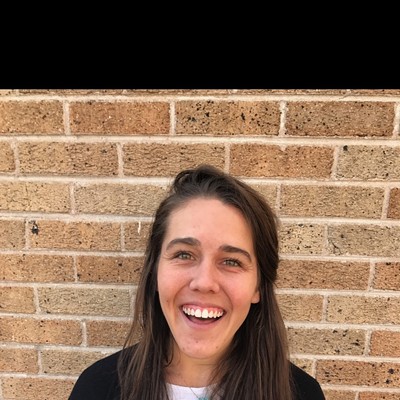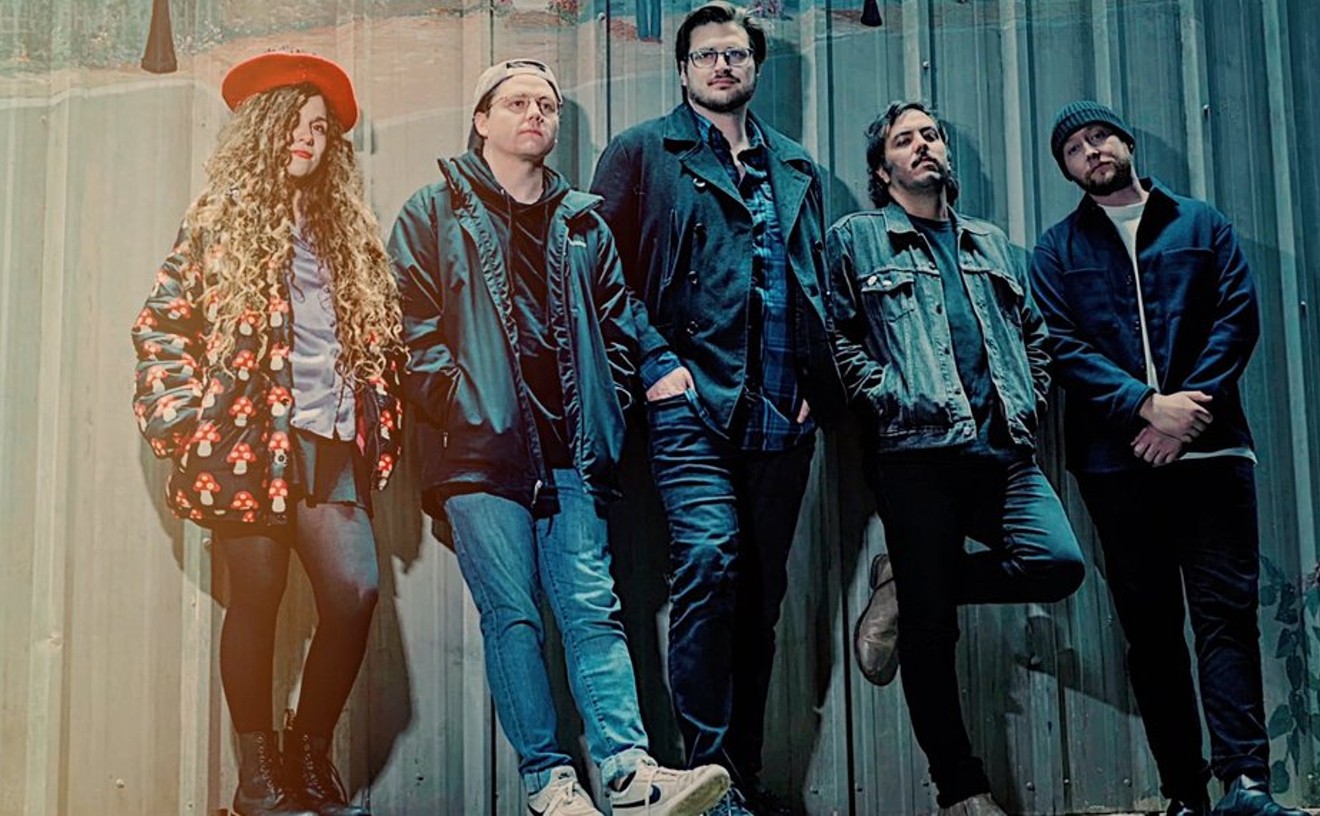In 2009, soul singer Povi Chidester was nearly twenty and ready for a change. She loaded her car with her belongings and drove from Denver, a city she loved, to Oakland, a city she knew little about.
“I had no friends or family and no place to go once I arrived,” Chidester says. “I slept in my car and at hotels and looked for a job every day until I landed [one] and found a place to stay.”
She made Oakland home for six years. She found cultural diversity there, someone she loved, and a thriving, soulful community. “In a place like the Bay Area, there is never just one thing,” Chidester explains. “Oakland is music, lowriders, skyscrapers, every kind of food, dance and art. Being in Oakland is like being submerged in a painting of it all happening simultaneously.”
She started singing at the city’s People’s Jam. The free event had no sign-up sheet, which made it easy for her to participate and keep her creativity alive — even if she was performing less on the West Coast than she had in Denver.
While she loved Oakland, in 2015 she decided to leave the city’s rich culture and her relationships and return to Denver to spend time with her aging grandfather. A friend invited her to the Potter’s House Church.
“The pastor was giving his sermon about getting out of your own way and allowing your gift in,” Chidester says. “I felt very lost at the time and began crying. I knew I was hurting myself by not following my dreams. So I told myself I would work every day through my music. The greatest gift to receive is giving to others. I truly believe in that, and I want to uplift others. So I’ve been working on getting out of my own way since. This has translated in my writing, in my performing and my singing.”
Soon after returning to Denver, Chidester, who goes by her first name as a performer, participated in the Red Bull Sound Select program for emerging musicians. As part of that project, she traveled to Los Angeles to work with industry professionals and write and record new songs. Then she toured with SZA and Lizzo. Observing other artists helped her focus her creative energy and find her niche: soul pop.
Over the past year, without a relationship or roommates to devote her energy to, she has found the power to be herself. Her new EP, Risk, is a product of being alone — and sometimes lonely.
“I have so much time to think, develop and do my own thing,” Chidester says. “It’s been really hard sometimes, but there’s nothing that can fulfill that hole inside of me except me.... Each song [on Risk] helps me in some way. Each song is kind of coaching myself on: ‘This is how to be okay.’”
She hopes her music, lyrics and even personal fashion and stage presence will help others connect with their own authenticity. Over the years, she has abandoned an expectation she grew up with that singers had flowing dresses and long hair. Sometimes on stage, she wears her hair in braids and dons hoop earrings. Other times, a dress and heels better match her mood.
“I want women to feel safe, comfortable and confident in what they want to wear,” Chidester says. “If baggy jeans and a hoodie is making you feel powerful and sexy on a Saturday night, wear that with pride. On the flip side, if that silky dress and heels are calling your name, then I believe you should feel just as safe, confident and beautiful, no matter what height or body type you are.”
She, her DJ and two dancers are all women, which helps Chidester spread her message: “I don’t want us as women to hate on each other for when we look sexy [or] when we look good.... I needed a lot of validation in order to embrace how I am and how I wear things. As an artist, people [are constantly] looking at you in a certain way. So I feel like for a lot of women, that’s such an issue, a self-confidence issue. I want us to embrace every side that we are.”
Although she’s modest about her dancing, choreography is a key part of her act. “Movement is important; it’s a healing thing,” Chidester says. “I truly believe it helps me mentally. I’m an empath to the nth degree, and energy is very important to me.... I admire dancers on such a level because it takes so much dedication to be a good dancer. It’s as powerful as music to me.”
While Chidester can be slow to open up to others and often withholds her emotions, music and dance have provided a natural catharsis for her. Writing Risk was no exception: The album’s songs document her emotional journey over the past year.
“I [keep] all of my feelings pretty bottled in,” says Chidester. “I was sitting alone in my apartment, in the studio I have there, and was listening to beats. Then a beat came on and the lyrics just poured out of me. That’s 99 percent of the time how it happens. When I’m going through emotions, I hold it, and then I hear a beat that expresses those emotions sonically to me, and then it just happens.”
Povi
Saturday, September 2, 6 p.m., Levitt Pavilion, free, 303-578-0488.
[
{
"name": "Air - MediumRectangle - Inline Content - Mobile Display Size",
"component": "12017618",
"insertPoint": "2",
"requiredCountToDisplay": "2"
},{
"name": "Editor Picks",
"component": "17242653",
"insertPoint": "4",
"requiredCountToDisplay": "1"
},{
"name": "Inline Links",
"component": "18838239",
"insertPoint": "8th",
"startingPoint": 8,
"requiredCountToDisplay": "7",
"maxInsertions": 25
},{
"name": "Air - MediumRectangle - Combo - Inline Content",
"component": "17261320",
"insertPoint": "8th",
"startingPoint": 8,
"requiredCountToDisplay": "7",
"maxInsertions": 25
},{
"name": "Inline Links",
"component": "18838239",
"insertPoint": "8th",
"startingPoint": 12,
"requiredCountToDisplay": "11",
"maxInsertions": 25
},{
"name": "Air - Leaderboard Tower - Combo - Inline Content",
"component": "17261321",
"insertPoint": "8th",
"startingPoint": 12,
"requiredCountToDisplay": "11",
"maxInsertions": 25
}
]












